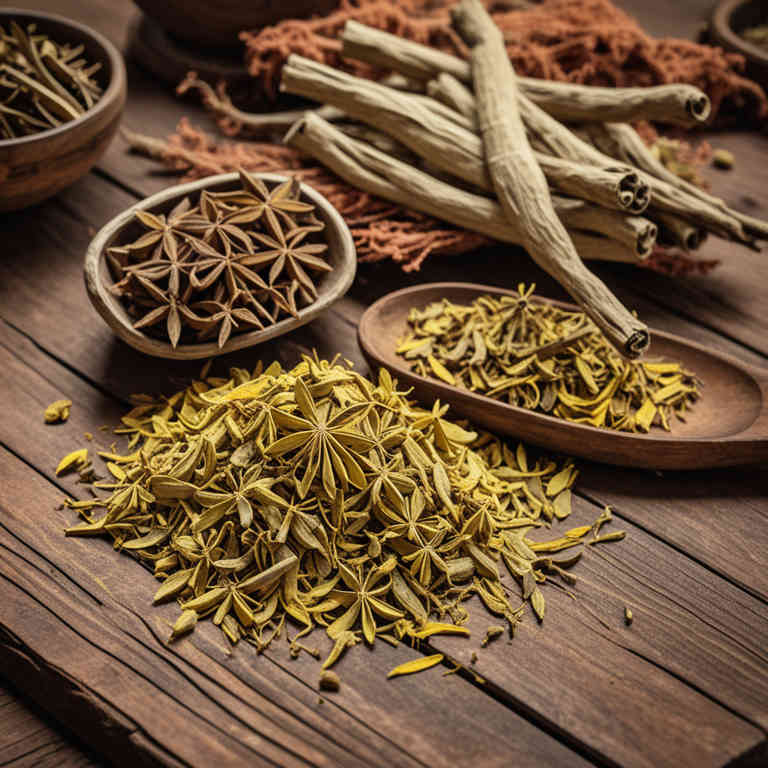Cassia tora mucillage for medicinal use

Cassia tora mucillage is a viscous, gel-like substance derived from the seeds of the Cassia tora plant.
It is prepared by soaking and grinding the seeds, then extracting the mucilage through water. This preparation is valued in traditional herbal medicine for its demulcent and anti-inflammatory properties. It is commonly used to soothe irritated mucous membranes and treat conditions like coughs, sore throats, and gastrointestinal discomfort.
In some cultures, it is also applied externally to reduce inflammation and promote healing of skin wounds.
Uses
Cassia tora mucillage has been used to treat various ailments in traditional medicine systems across Asia, particularly in Ayurveda, Unani, and Chinese medicine.
Historically, it was valued for its detoxifying properties and was used to address digestive issues, skin disorders, and respiratory conditions. In traditional practices, the mucilage was often prepared as a poultice or decoction to soothe inflammation and promote healing. Modern research suggests that the mucilage may have antimicrobial, anti-inflammatory, and antioxidant properties, leading to its exploration in contemporary herbal formulations.
Today, it is still used in some traditional remedies and is being studied for potential applications in pharmaceutical and nutraceutical products.
Benefits
Cassia tora mucillage has health benefits such as promoting digestive health, reducing inflammation, and supporting skin health.
This herbal preparation is known for its high mucilage content, which can help soothe irritation and protect the lining of the gastrointestinal tract. It may also aid in managing conditions like ulcers and inflammatory bowel diseases due to its demulcent properties. Additionally, it has been used traditionally to improve skin conditions and promote wound healing.
Its antioxidant properties contribute to overall immune support and detoxification processes in the body.
Constituents
Cassia tora mucillage active constituents include alkaloids, flavonoids, saponins, and mucilage.
These compounds contribute to its traditional use in treating digestive disorders and inflammation. The mucilage provides a soothing effect on the gastrointestinal tract, while flavonoids exhibit antioxidant properties. Alkaloids may support immune function, and saponins can help in reducing cholesterol levels.
Overall, these constituents make Cassia tora mucilage a valuable herbal preparation for promoting digestive health and reducing inflammatory conditions.
Preparation
To make Cassia tora mucillage, start by collecting fresh or dried leaves of the Cassia tora plant.
Wash the leaves thoroughly and chop them into small pieces to increase surface area for extraction. Place the chopped leaves in a pot and add enough water to cover them completely. Bring the mixture to a boil, then reduce the heat and let it simmer for about 20 to 30 minutes.
Strain the liquid through a fine mesh or cheesecloth to collect the mucilage, which can then be used as a natural adhesive or in traditional medicinal applications.
Side Effects
Cassia tora mucillage may lead to gastrointestinal discomfort, including nausea, vomiting, and diarrhea, due to its high mucilage content.
It may also cause allergic reactions in individuals sensitive to plants in the Leguminosae family. Prolonged use could potentially lead to digestive issues or interfere with nutrient absorption. There is limited research on its long-term safety, so caution is advised.
Always consult a healthcare professional before using this preparation, especially for individuals with pre-existing health conditions.